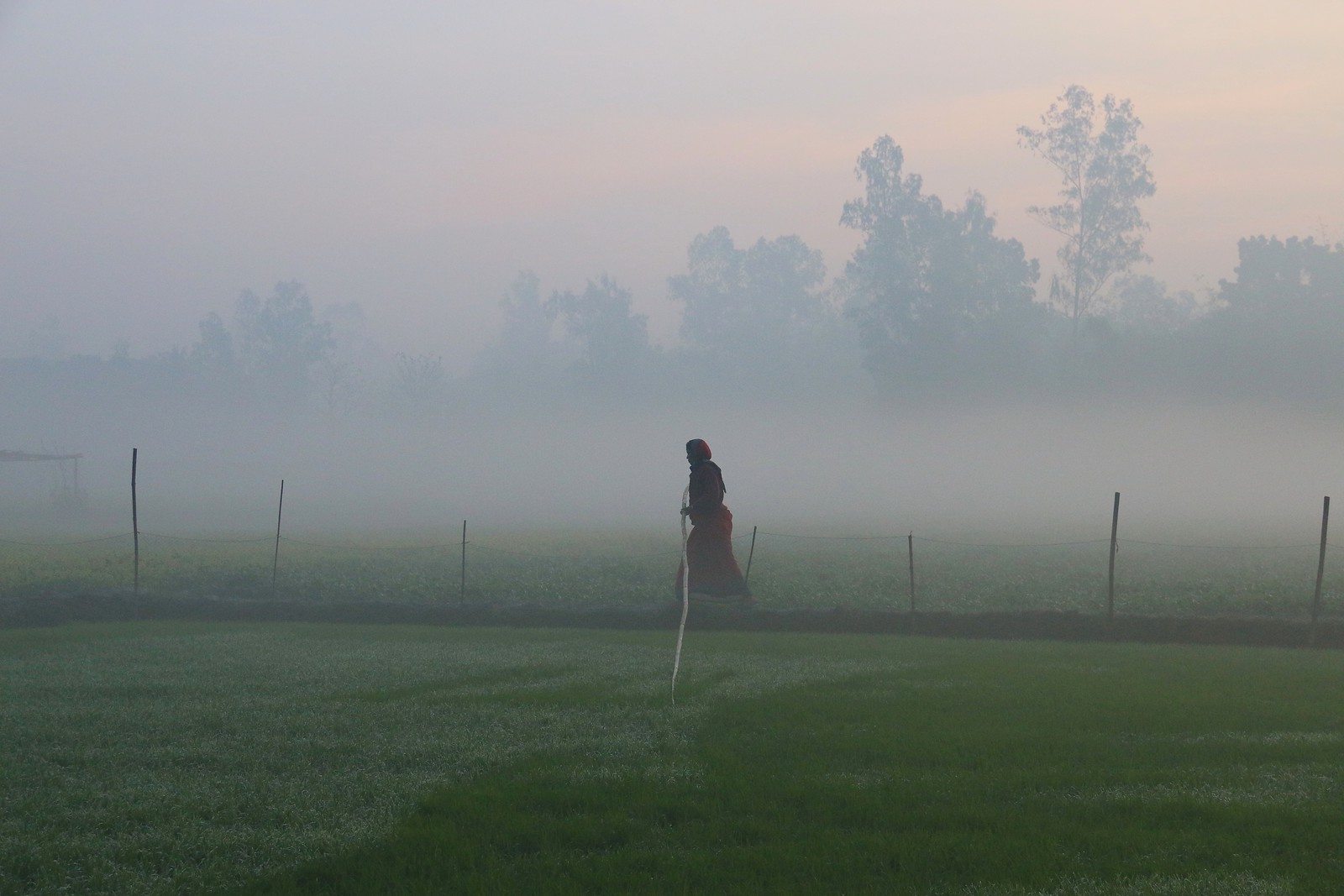
Humanitarian Action Conundrums: Neutrality
In the current moment, when it seems that everything, including tasks as simple as washing your hands or wearing a mark, is politicized, upholding your organizational neutrality while also being an advocate for the well-being of disaster-affected peoples is a difficult path to navigate.
Of the four main humanitarian principles – humanity, neutrality, impartiality, and independence – neutrality is the most misunderstood and often abused in framing and purpose. Neutral humanitarian action ensures that implementors do not take sides and refrain from participation in controversies of a political, racial, religious, or ideological nature. Striving for neutrality is further complicated as disasters, and their causes are subject to political debate and partisan lobbying.
Evidence has shown that, especially in conflict settings, the pursuit of neutrality can improve staff security. The recent Aid Worker Security Report noted that in 2019, a “total of 483 aid workers were killed, kidnapped, or wounded in 277 separate incidents of violence.” The neutrality of aid organizations also plays a role in the access of conflict-affected populations to life-saving services such as food distributions or health care.
However, humanitarians do a disservice to neutrality’s value and the incredible complexity of securing it when we use this principle as an excuse for not having an opinion on the root causes of disasters. For instance, humanitarians can publically condemn the bombing of a school or hospital without compromising our neutrality. An organization may choose not to speak out; that is a choice. However, this choice is not required to safeguard neutrality, for neutrality does not ask for silence.
Working with and on both sides of a conflict defines our neutrality, not staying silent over whether the bombs and war tactics are killing civilians. Neutrality asks us not to judge people’s religious burial practices during an Ebola outbreak but rather to guide and advise on the temporary measures needed to safely stop the epidemic. It seeks to keep our personal biases in check, but it does not ask us to allow others to define the controversies.
Humanitarian action’s primary purpose is to save lives and speak out for those most vulnerable to disasters’ impacts. The principle of neutrality serves as a guide on how to do this.
Neutrality is Not a Shield From Hard Truths
The politicization of the COVID-19 pandemic, in prevention and treatment, is a living lesson on the complications that can arise through an obedient adoption of a simple binary definition of neutrality—with silence being the only route to adherence. If we accept that science and facts are open to partisan interpretations and neutrality claims keep us silent, we then must also accept that some people will suffer more than others.
Identifying root causes and their solutions as partisan is not new to the pandemic. It is evident within the narrative on systemic racism in the U.S. and the increasing severity of natural hazards resulting from our warming planet. A quick scroll through social media will show how these crises are subject to political whims.
If, in seeking a principled approach, we choose to release ourselves from challenging conversations and hard truths by claiming “neutrality,” we risk abdicating our role as spokesperson for the people most impacted by the disaster.
Three Tips in Your Pursuit of Humanitarian Neutrality
If you’re ready to challenge your approach to neutrality and seek to explore the “how” of doing more, here are a few ideas:
- Beware the adoption of a “can’t touch this” approach to addressing root causes. Allowing public rhetoric to define political, racial, religious, or ideological controversies pushes us to relinquish our responsibilities and abandon our mission and values. It diminishes our collective influence to call out the underlying causes of disasters and the vulnerabilities they exploit. Challenge yourself to examine disasters and their causes from multiple points of view.
- Use your voice and your organization’s power for the good of others. Your voice and power and how you can use them will vary in different contexts. Quiet diplomacy, calls to action, petitions and op-eds are all effective methods of advocacy. Remember that “speaking out while neutral” may confuse some, so be prepared to take time to explain the why of your “how.”
- Let the other principles of humanity, impartiality and independence guide you as you determine when to speak out. The pursuit of neutrality will vary depending on the typology of the disaster. Prepare yourself that a principled approach requires time, effort and resources. Welcome ongoing live discussion within your organizations at all levels; this is critical to keep the humanitarian principles alive and current.
Remember that the intent behind the pursuit of neutrality is not to ease a humanitarian’s burden. Instead, more often than not, the opposite is true.
Patricia McIlreavy is president and CEO of the Center for Disaster Philanthropy.








